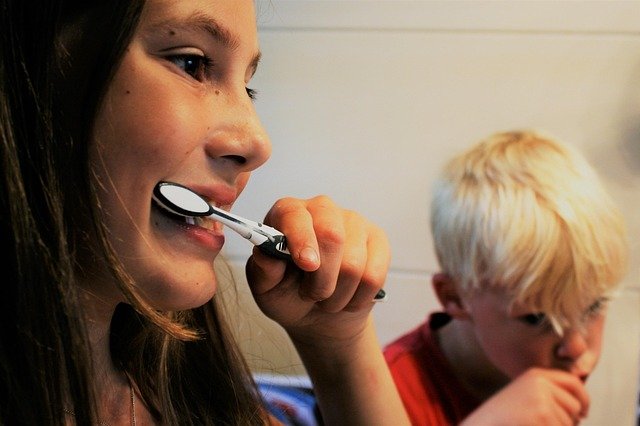The Art and Science of Skincare: A Comprehensive Look into Our Skincare Rituals
Skincare has been a practice deeply ingrained in our culture for centuries. From the ancient Egyptians' use of oils and ointments to keep their skin vibrant and youthful, to the emphasis on natural, organic ingredients in today's skincare products, our pursuit of healthy, radiant skin has remained constant. Skincare routines have evolved significantly throughout history, reflecting changing beauty ideals, technological advancements, and increased understanding of skin health. This article offers an in-depth exploration of the art and science of skincare, considering its historical context, current relevance, trends, impact, and reception.

Skincare in Historical Context
Historically, skincare has played a significant role in many cultures. In ancient Egypt, skincare was as much a part of daily life as eating and sleeping. They used a variety of natural ingredients, such as olive oil, honey, and aloe vera, to cleanse, moisturize, and protect their skin from the harsh desert climate.
In ancient Rome, bathing and skincare were communal activities, with public baths offering a range of skin treatments including massages, exfoliation, and therapeutic mud masks. Similarly, in ancient China, skincare was deeply tied to traditional medicine, with practices such as facial cupping and jade rolling still popular today.
The Science Behind Skincare
The science of skincare is a complex and continually evolving field. It involves understanding the structure and function of the skin, the effects of various ingredients and products, and the influence of lifestyle factors such as diet and stress on skin health.
In the last few decades, scientific advancements have led to a deeper understanding of skin biology, enabling the development of more effective and personalized skincare products. For instance, we now know that the skin has a microbiome - a diverse community of microorganisms that play a crucial role in maintaining skin health - leading to the rise of probiotic skincare products.
Current Trends and Their Impact
In recent years, the skincare industry has seen several significant trends. One of the most notable is the rise of K-beauty, or Korean skincare. Known for its emphasis on a comprehensive, multi-step routine and innovative ingredients, K-beauty has been widely adopted globally, influencing skincare routines and product formulations.
Another emerging trend is the shift towards clean, natural, and sustainable skincare. Consumers are increasingly conscious about the environmental impact of their skincare choices, leading to a surge in demand for products that are organic, cruelty-free, and come in eco-friendly packaging.
These trends have not only shaped the product offerings in the skincare market but have also influenced societal attitudes towards skincare. Skincare is no longer seen as a vanity, but a form of self-care and wellness.
Reception and Influence of Skincare Practices
The reception and influence of various skincare practices have varied widely across cultures and over time. For instance, the 10-step Korean skincare routine, which includes double cleansing, toning, serum application, and moisturizing, has been enthusiastically embraced by some but deemed excessive by others.
Similarly, while the move towards natural and sustainable skincare has been largely positive, it has also sparked debates about the effectiveness and safety of natural ingredients compared to synthetic counterparts.
Unique Insights into Skincare
While skincare is often associated with the pursuit of beauty, it’s important to note that it’s also closely tied to health and wellbeing. Healthy skin is not just about appearance; it plays a crucial role in protecting against environmental hazards, regulating body temperature, and maintaining overall body health.
Moreover, the act of skincare itself can have therapeutic benefits. The ritual of cleansing, massaging, and nourishing the skin can be a calming and grounding practice, offering a moment of self-care in our busy lives.
In conclusion, skincare is a multifaceted practice with deep historical roots and significant cultural relevance. It is not merely about looking good but also about feeling good and taking care of one’s health. As we continue to learn more about the science of skin health, we can look forward to even more effective and personalized skincare solutions in the future.




